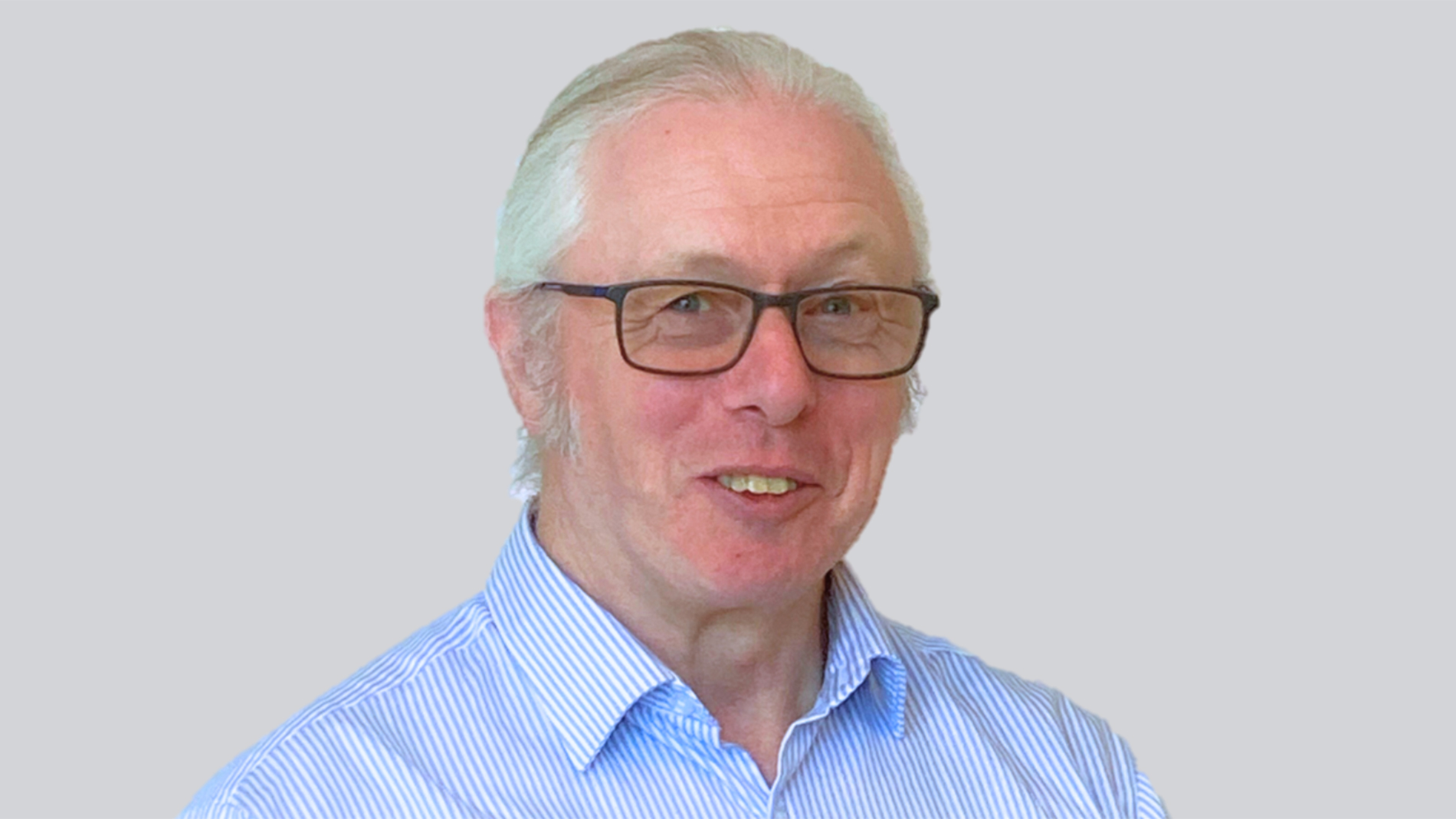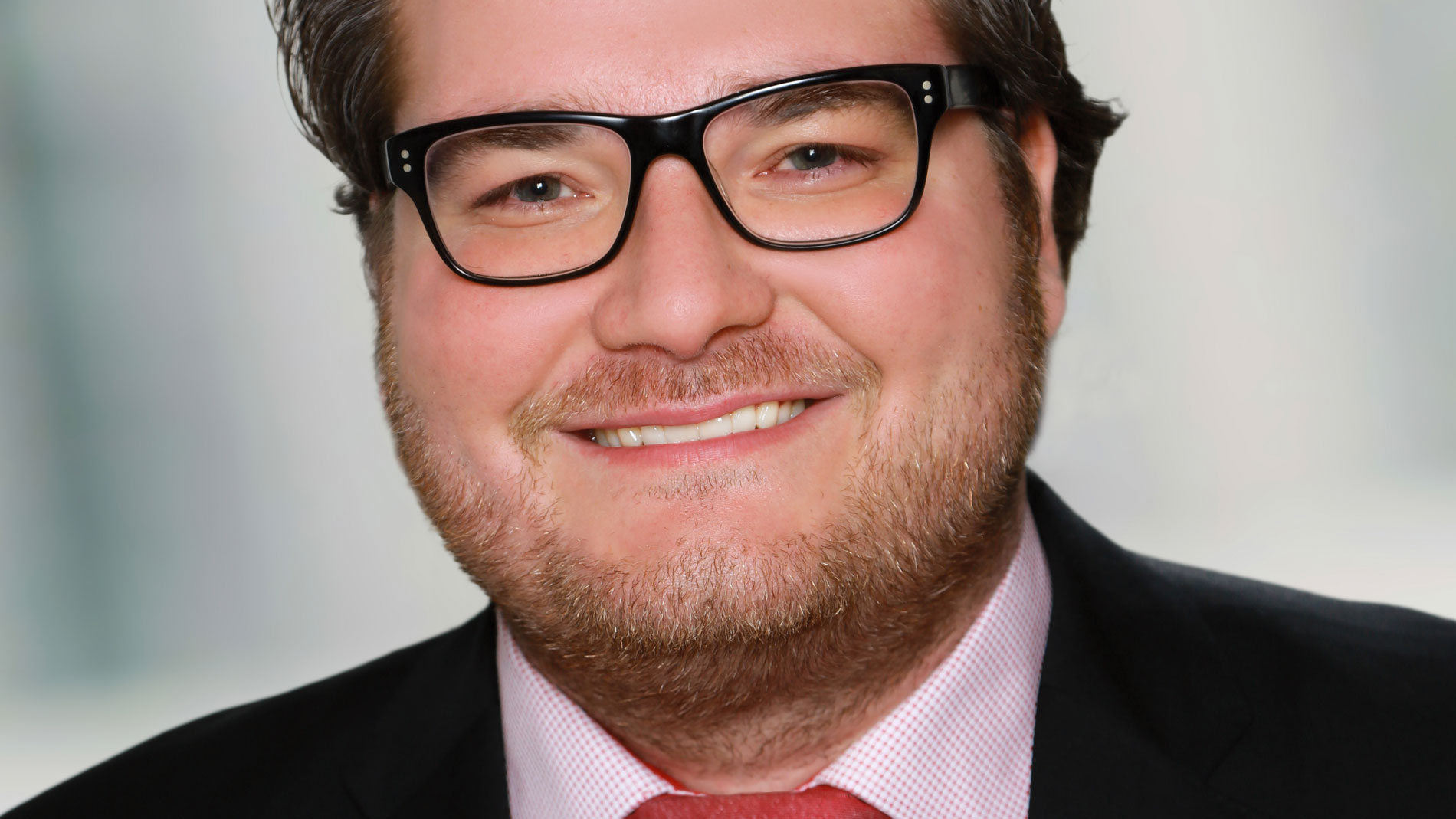Der englischsprachige PCIM Podcast nimmt Sie mit auf eine Reise durch die Welt der Leistungselektronik. Freuen Sie sich auf spannende Gespräche mit weltweit führenden Expert*innen zu aktuellen Trends, Herausforderungen und treibenden Kräften der Branche.
Konfigurieren Sie hier ganz individuell, welche Themengebiete für Sie interessant sind. Sie finden die für Sie zusammengestellten Beiträge dann immer unter "Meine Inhalte".
Informationen zu unseren Moderatoren

David Hegarty ist technischer Inhaltsspezialist bei Lexsys Language Consultants und verfügt über ein breites Spektrum an Interessen und Erfahrungen, die er über viele Jahre in der Zusammenarbeit mit Unternehmen – von Start-ups bis hin zu multinationalen Konzernen – gesammelt hat.
Geboren und aufgewachsen in Irland, studierte David elektronische Ingenieurwissenschaften an der Dublin City University. Nach seinem Abschluss arbeitete er zunächst in der Firmware-Entwicklung für Labor- und Produktionstestgeräte und wechselte später – über die Entwicklung von Benutzeroberflächen – in den Bereich des technischen Schreibens. Nach seinem Umzug nach Deutschland konzentrierte er sich zunächst auf Benutzerdokumentationen und erweiterte dann seinen Tätigkeitsbereich auf die gesamte Bandbreite der B2B-Kommunikation für Technologieprodukte in klassischen, "neuen" und sozialen Medien: von Whitepapers und Artikeln bis hin zu Videos und Websites.
Seine Erfahrung als kommerzieller Kommunikator umfasst Branchen wie IT und Fertigung, Themen von faseroptischen Testverfahren bis hin zu klinischen Laboren und Anwendungen von Patientenmonitoren bis zu Leistungselektronik.
Getrieben von einer unermüdlichen Neugier auf das Potenzial neuer und verbesserter Technologien freut er sich, den PCIM Podcast zu moderieren und die Möglichkeit zu haben, die Gedanken der Menschen zu ergründen, die im Zentrum der heutigen Fortschritte in der Leistungselektronik, der intelligenten Antriebstechnik, der erneuerbaren Energien und des Energiemanagements stehen.

Prof. Dr. Marco Jung von der Hochschule Bonn-Rhein-Sieg schloss 2003 seine Ausbildung zum Kommunikationselektroniker mit Schwerpunkt Informationstechnik ab. Anschließend begann er 2004 ein Studium der Automatisierungstechnik an der Technischen Hochschule Mittelhessen sowie der Energietechnik an der Universität Kassel. Seine wissenschaftliche Karriere begann er 2010 am Fraunhofer IWES in Kassel (heute Fraunhofer IEE), während er an der Universität Hannover seine Promotion im Ingenieurwesen abschloss.
Seit 2017 leitet er die Abteilung Leistungselektronik und elektrische Antriebssysteme und ist seit 2019 Professor für Elektromobilität und elektrische Infrastruktur mit Schwerpunkt Leistungselektronik an der Hochschule Bonn-Rhein-Sieg.
Darüber hinaus ist er Vorsitzender des IEEE IES/IAS/PELS German Chapter und Mitglied des International Scientific Committee der EPE Association, der Veranstalterin der EPE. Außerdem ist er Teil des Technical Programme Committee von eGrid 2023, des Technical Conference Committee der CPEEE und Mitglied der Q1 Power Electronics der ETG. Derzeit ist Marco Jung Vorsitzender der PELSS 2024.







